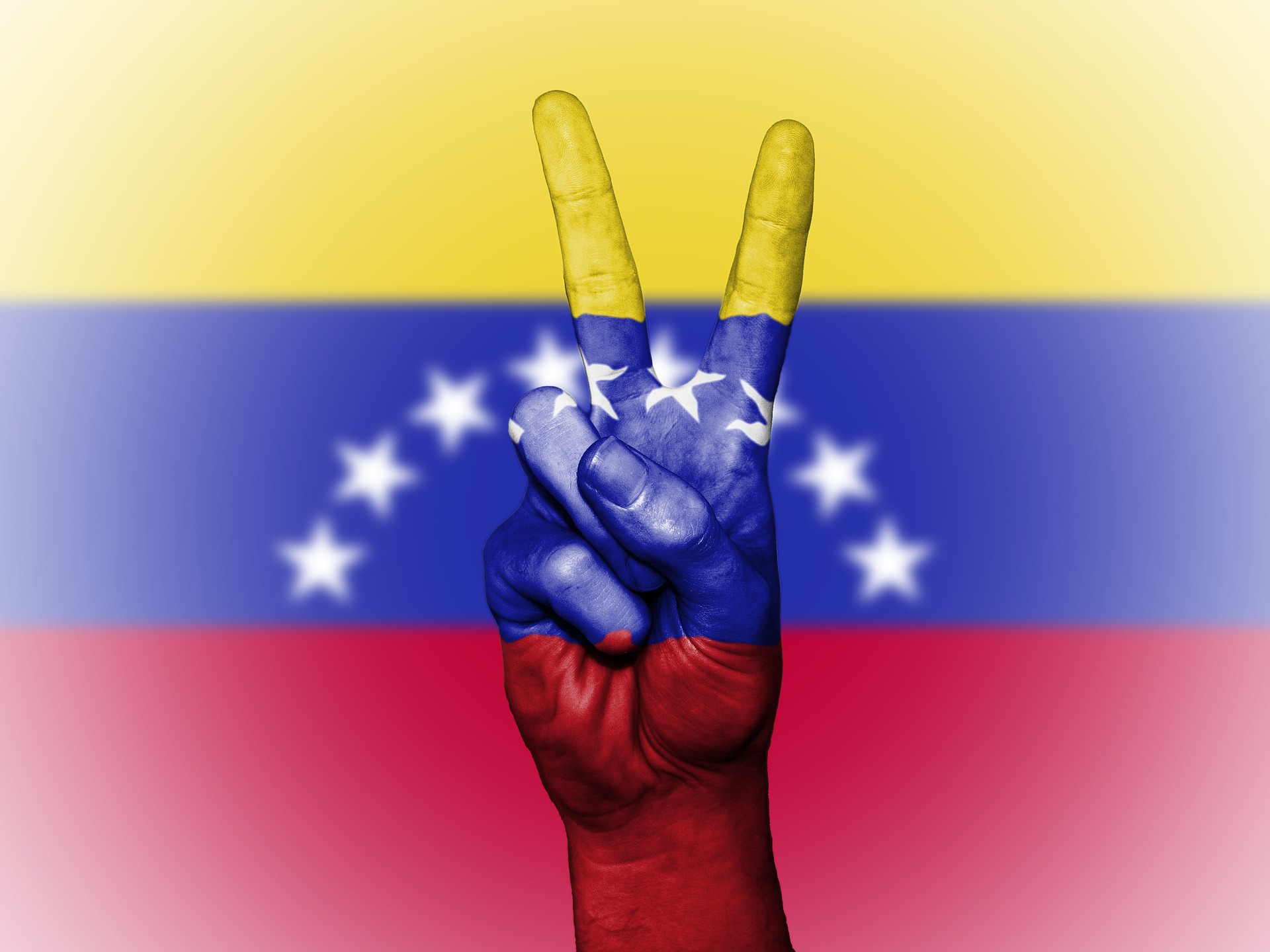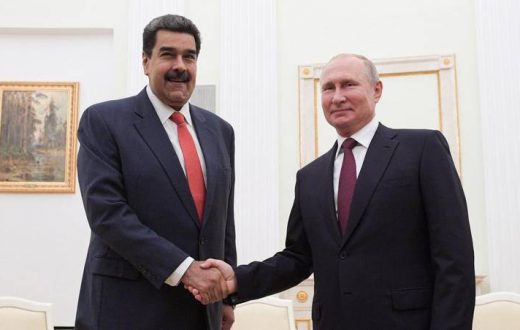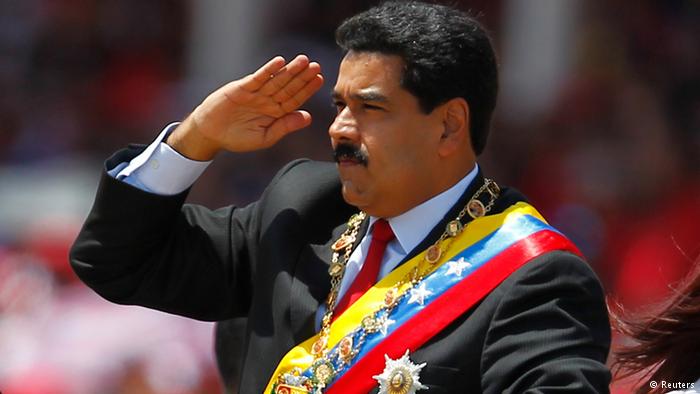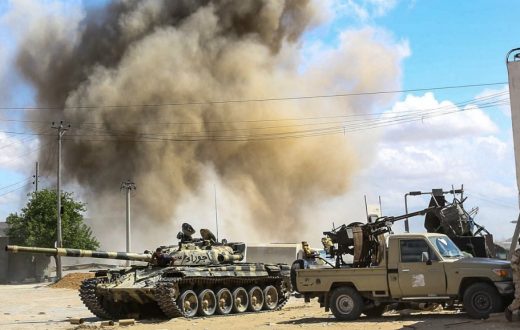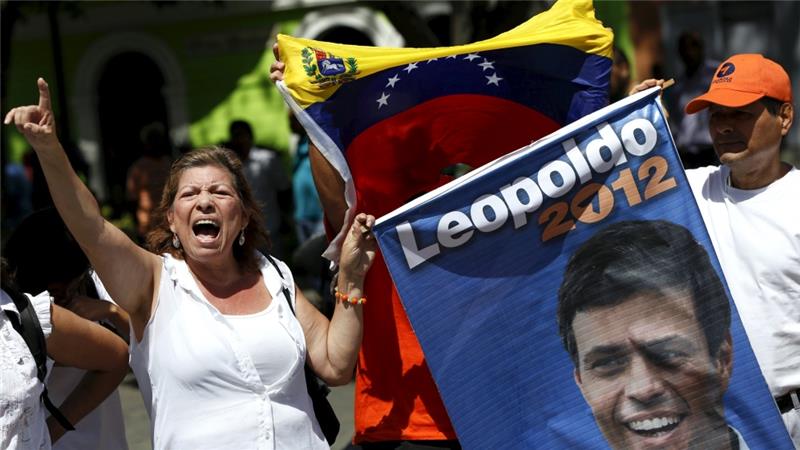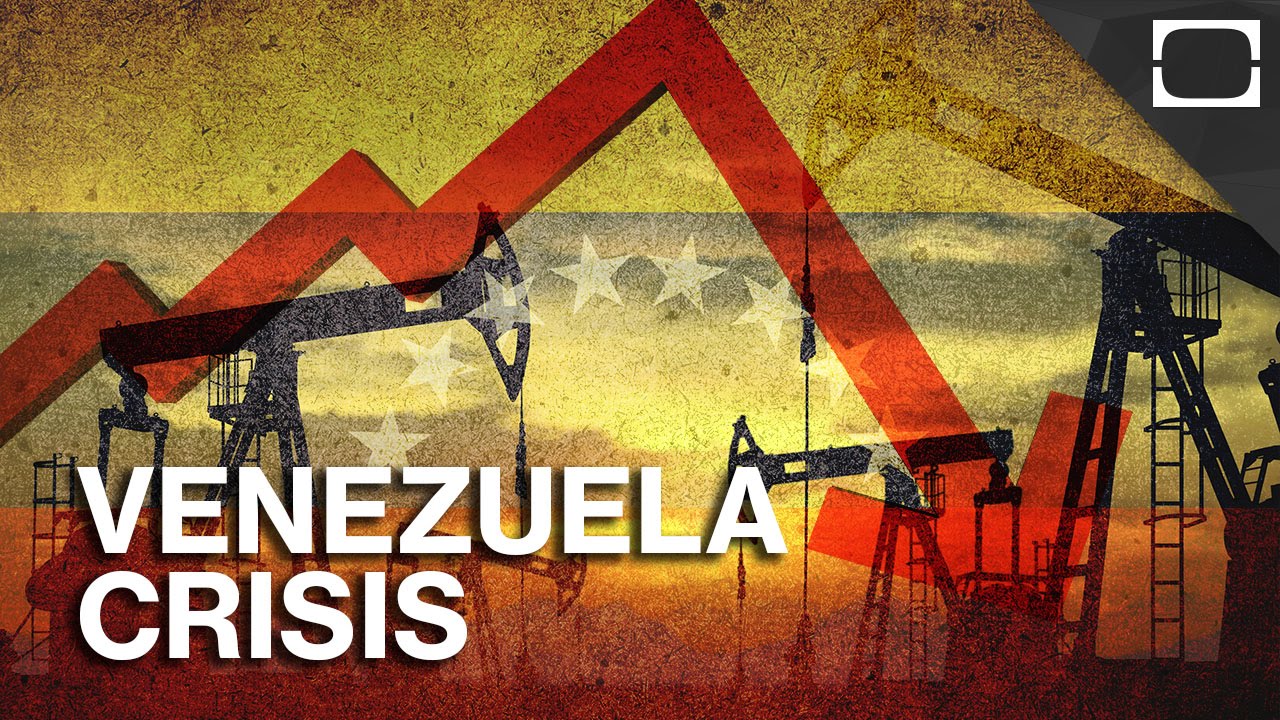Venezuela has been in a state of chaos for most of the twenty-first century, having been ruled by socialist despot Hugo Chávez since 1999, who policies have resulted in intense inflation, widespread poverty, food shortages, and crime. Following a fourteen-year tenure as president, Chávez died and Nicolás Maduro, Chávez’s vice president, assumed the position of interim president, and then later president following a victory in a special election. This restructuring of the government, however, has provided no aid to Venezuelans, as Maduro has only continued Chavist policies, exacerbating the already existing economic crisis. As a result of the deteriorating conditions of Venezuelan society, protests erupted in 2014, and have since turning into daily riots and ambushed on government institutions.
Maduro , The Dictator
Maduro, having been described by conventional press and several foreign governments as a “dictator”, has been using his political authority to acquire more power, which has sparked a constitutional crisis in his country.

As a result of Maduro’s unpopularity, the Democratic Unity Roundtable, the party opposite Maduro and the United Socialist Party, totaled 112 seats in the National Assembly following the last congressional election in 2015, awarding the DUR with a supermajority in the legislature. Prior to the inauguration of the new congress, lame duck Maduro loyalists stacked the Supreme Tribunal of Justice, the highest court of Venezuela, with party loyalists, who would subsequently strip four DUR legislators of their seats in the assembly, citing voting irregularities in the previous election, thereby stripping the DUR of their supermajority, preventing them from challenging Maduro.
Destruction of the Opposition
Following this, the Court ruled that the National Assembly was “in a situation of contempt”, stripped the entity of its legislative abilities, and assumed said powers for themselves. Due to the Court having be filled with government loyalists, Maduro was able to suspend elections, imprison opposition deputies, and withdraw Venezuela from the Organization of American States. This act was protested by Assembly President Julio Borges, labeling Maduro and the Court’s actions a coup, as well as Luisa Ortega Díaz, the pro-government Prosecutor General, in a surprising break of ranks, both of which endorsed military intervention to stop Maduro.
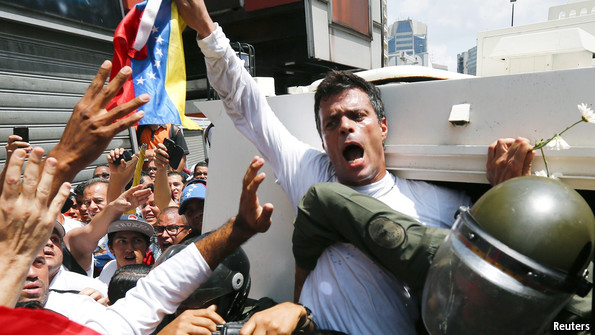
After being forced to return legislative powers to the Assembly, calls were made to remove the seven judges who had acted against the assembly on the tribunal. However, Maduro called for a new constitution, replacing the existing one from 1999 that would quell the actions of the DUR. In order to maintain a façade of democracy, Maduro allowed Venezuelan citizens to vote on who they would like their delegates to the National Constitutional Assembly to be. However, all options were preselected by the Maduro government, and there was no option to vote against the plan.
A Military Revolt?
As a result of this, former National Guard captain, Juan Carlos Caguaripano led an attack on the Paramacay military base in Carabobo, a Venezuelan state near Caracas, after releasing a video declaring himself and a group of militants to be “in legitimate rebellion”. Caguaripano led twenty anti-Maduro militants to the base in an aim to acquire military weapons. While ten of the militants fled upon confrontation with the Venezuelan military, the remaining half engaged in a violent confrontation, where two were killed and one injured.
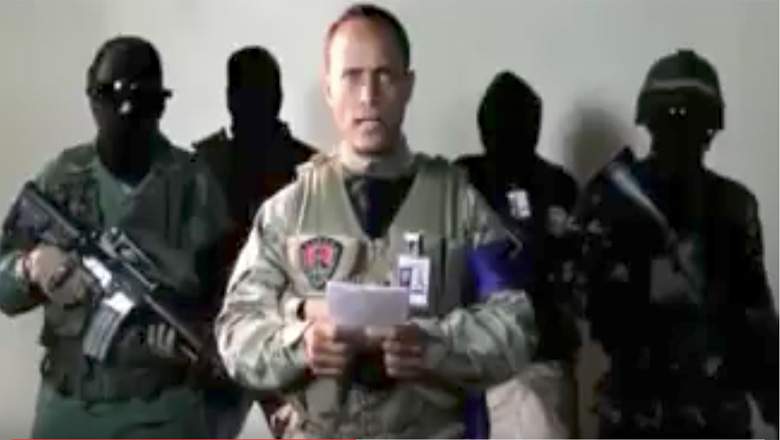
Following the attack, Defense Minister Vladimir Padrino López confirmed that some of the attackers stole weapons belonging to the army, and that three members of the militant group were defected military members. However, López reaffirmed the Venezuelan’s unconditional support for Maduro. Caguaripano later announced that his aims in the attack was not to overthrow Maduro, but instead to restore “constitution order” and to save Venezuela from “total destruction”. Elias Jaua, a Socialist Party official, accused right-wing American mercenaries of orchestrating the attacks, blaming it on “delirious minds in Miami”. And while the government expressed sharp condemnation of the attack, hundreds of Venezuelans took to the streets to celebrate it.
This is only the most recent installment of Venezuelan society’s collapse. With citizens suffering under the destructive socialist policies of Maduro, more and more have begun to dissent, leading to intensifying protests. And while the new prosecutor general Tarek William Saab has vowed to crack down on these demonstrations, Venezuelans, as well as other countries, are growing frustrated with Venezuela’s ruling socialist party.

